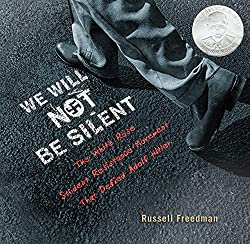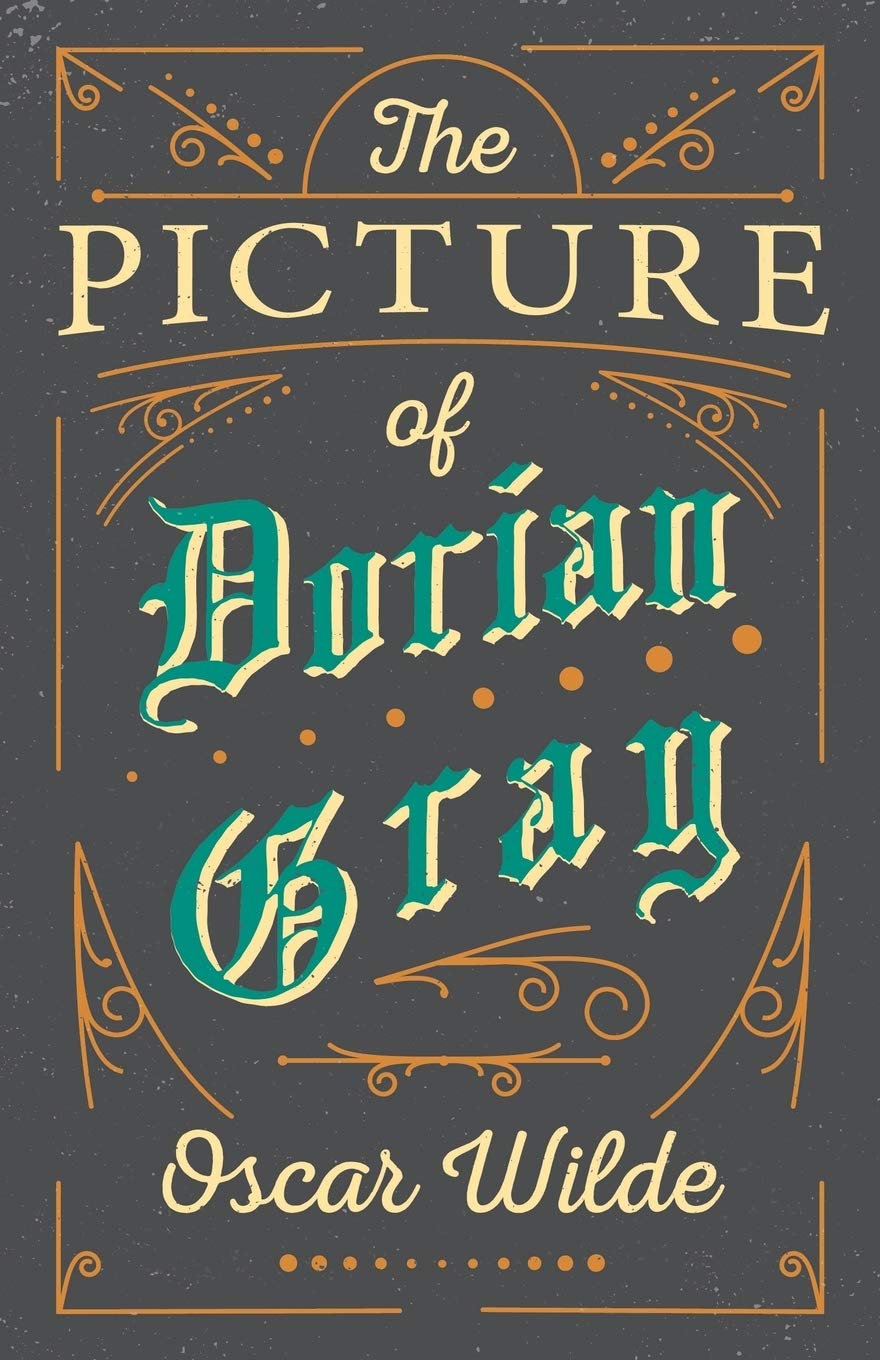As in his other photographic history books (Abraham Lincoln being the most well known to me), in We Will Not Be Silent, Russell Freedman tells a true story with the added addition of photographs to give the characters life. In this case, he shares about the brave students in Germany who stood up to Hitler,






